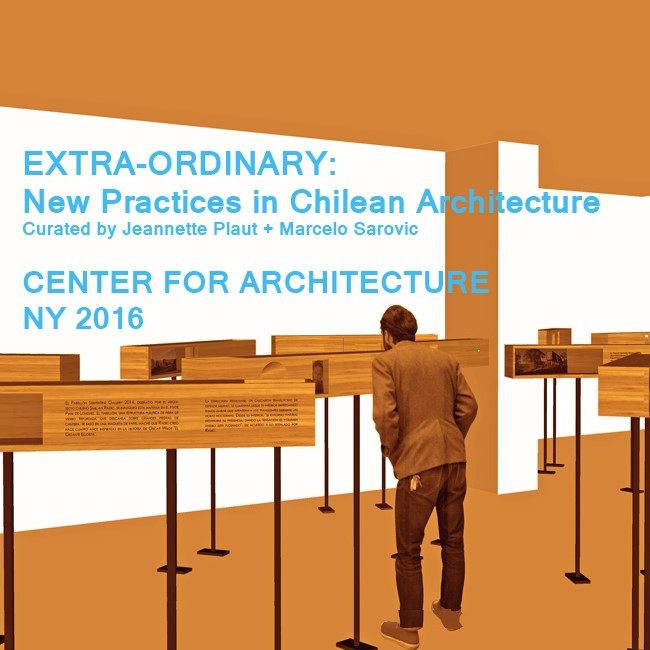Extra-Ordinary
For some time now, Chile has been recognized globally for the high quality of its architecture. It is increasingly common to see Chilean architects earning international accolades or appearing on major contemporary scenes. This success is partly a reflection of the strong, high quality modern architecture concentrated in the 1960s, which resurfaced at the beginning of the twenty-first century after a cultural blackout in the seventies and eighties.
During the twentieth century, contemporary architecture in Chile evolved from an initial stage focused on executing "traditional" programs under modern precepts in line with the 1960s and then shifted towards the development of new architectural practices. The recent eruption of new globalized design tools as well as new local cultural quests have paved the way for a field that promotes research, which has translated into new architectural programs and practices. In this dimension, architecture emerges as a reflection of research processes, some temporary and others recycled to build on past works using contemporary code. We also see new spaces that blend traditional programs to create a mix that combines shared office space with cafeterias and emerging exhibition space. In this setting, architectural installations that share territory with contemporary art also arise, as well as works where the architecture serves as more than just support, but as the means for attaining cognitive interaction.
As a result, this exhibition investigates a contemporary condition that reflects and unfurls a changing scenario in Chilean architecture that can be recognized both from the project process as well as in the works created, which are part of the same story and reveal an unprecedented state of evolution in Chile.
